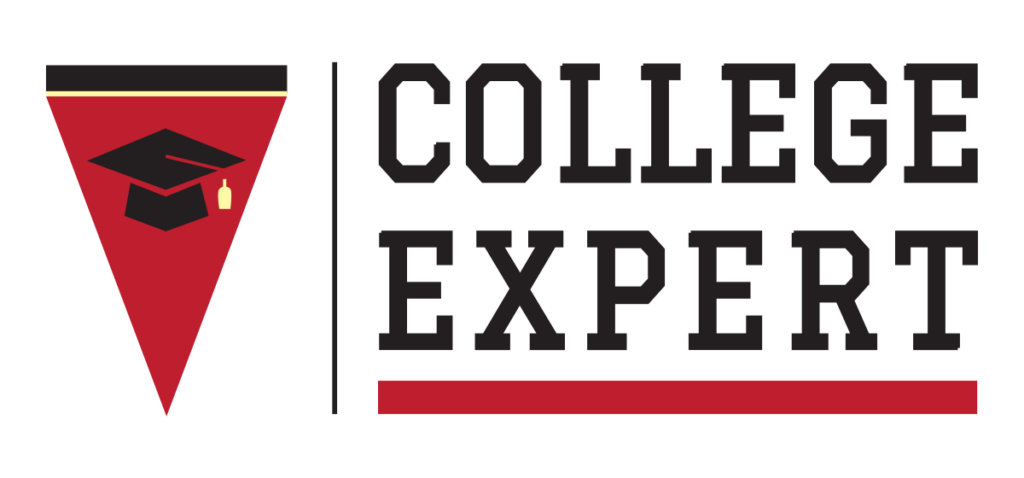
In my educational practice, the upcoming months of June, July, and August are some of the busiest for me and my College Expert team. We take full advantage of school being out to introduce rising seniors to essays, resumes, and applications, and to help underclassmen boost test scores on college entrance exams, pursue academic interests, and add depth to their activities. At times, it can be tempting to push our students to complete as much as they possibly can during the summer, particularly our soon-to-be seniors, knowing all too well that application crunch time lingers just ahead on the fall horizon.
But in my 20-plus years of counseling students, I’ve realized that students also need time to kick back, relax, and get to know themselves. And while it can be fruitful for students to get a jumpstart on their applications and essays or prep for the ACT or SAT, a balanced summer – “all things in moderation” – goes a long way. I see my role as an educational consultant as guiding my students to achieve this ever-important balance.
That’s why I recently challenged all of my students to RAVE about the summer of 2014 and include something in their summers from each of these four components:
R: Relax, Refresh, and Recharge. I am purposeful in reminding students they will be more likely to excel in college if they aren’t burned out. Sometimes, I may also reinforce this point with parents and point out that not everything students do should be for the sake of building a college resume. I am mindful of the fact that too many colleges are telling us that too many students are beginning freshmen year overly frazzled and stressed out. As an advocate for my students, I want to guard against burnout, help them get off the 24/7 treadmill, and have some fun in the process.
A: Academics. While I encourage taking it easy, spending an entire summer playing video games or sleeping in doesn’t strike a desirable balance. I meet with each of my students at the beginning of summer, and I use this time to explore their academic interests or where their “spark” for learning lies. Some of my students may embark on a research project, read a new genre, try coding, or take a stab at writing poetry or music. One of my students wrote her own country music song titled Stick It in Your Boot, which made for a one-of-a-kind essay. Assessing my students’ strengths and weaknesses is another component of our summer meetings. Some students may benefit from working with a tutor in a weak-suit subject or prepping for their standardized tests, too.
V: Volunteer. Rather than simply logging volunteer hours, I want my students to identify at least one thing they are passionate about, and match that passion with an opportunity to volunteer. For example, one of my students loved to fish, so he started a fishing club at his high school. As his interest in fishing grew and the club expanded, he found a way for his club to take underprivileged children fishing, which turned into a wonderful community service project for him, the other students, and the children involved. To help my students think about how and where they might contribute, I also provide a list of community service opportunities within the greater Minneapolis-St. Paul area, www.handsontwincities.org.
E: Enrichment and Employment. These days, summer offers a plethora of options for camps, internships, travel, sports, performing arts, and jobs. I support these activities, too, in moderation. Many students can discover new interests and develop unique talents through summer enrichment programs. I caution parents and students to be wary of invitations a student may receive for programs on leadership or early college enrichment, however. These programs are often run by for-profit organizations, may be quite expense, and are not considered an “honor” per se by colleges, although many students enjoy participating. I also encourage students to try their hand at some sort of job, such as lawn-mowing, dog-walking, or a temporary retail or food service position. One of my students loved animals, and she created a part-time business baking homemade dog biscuits and selling them at dog shows.
June, July, and August can be busy times for our profession, given students tend to be much more available during their time off from school. To best be of help to my students, I’m going to challenge myself to RAVE about the summer of 2014, too. Please join me!
